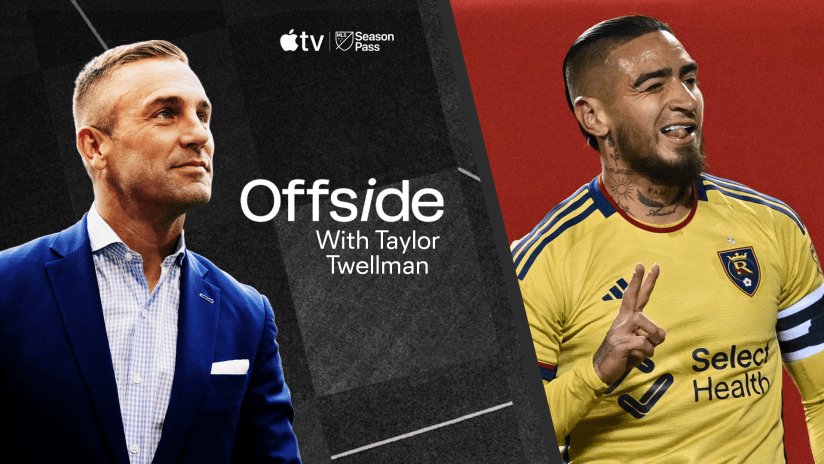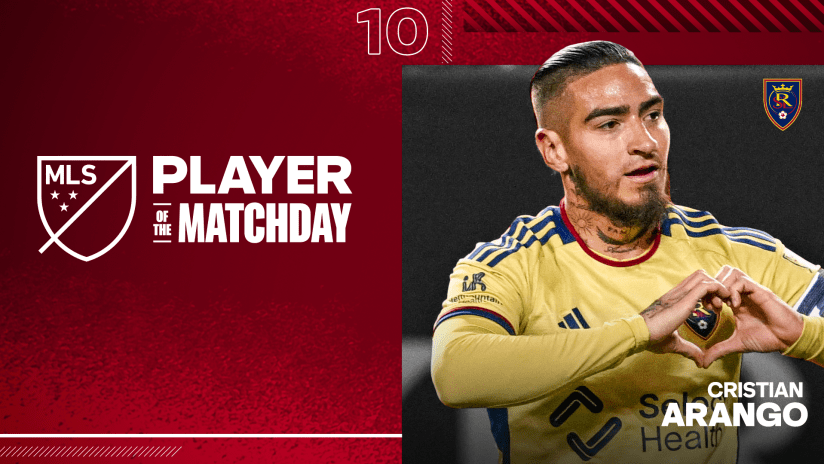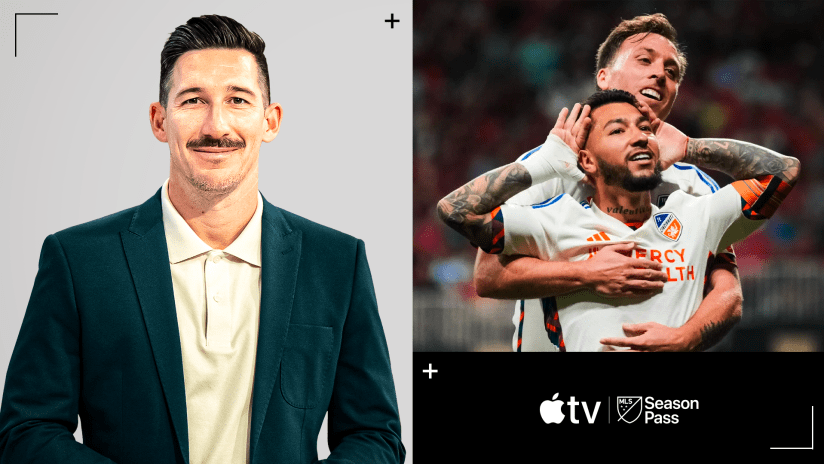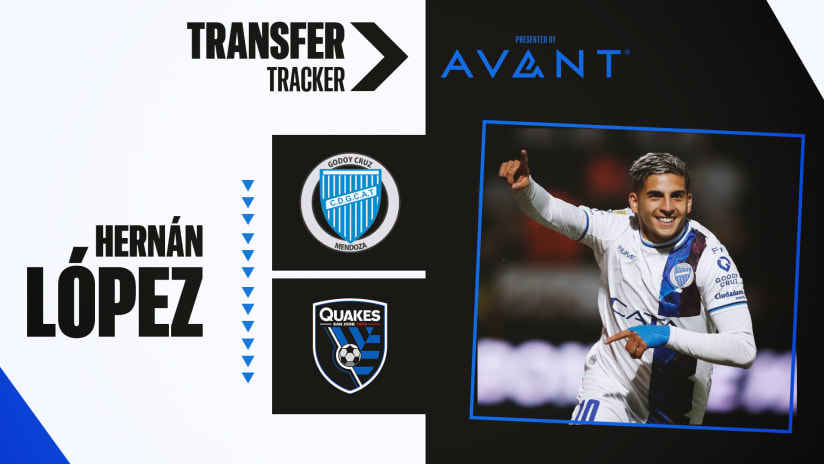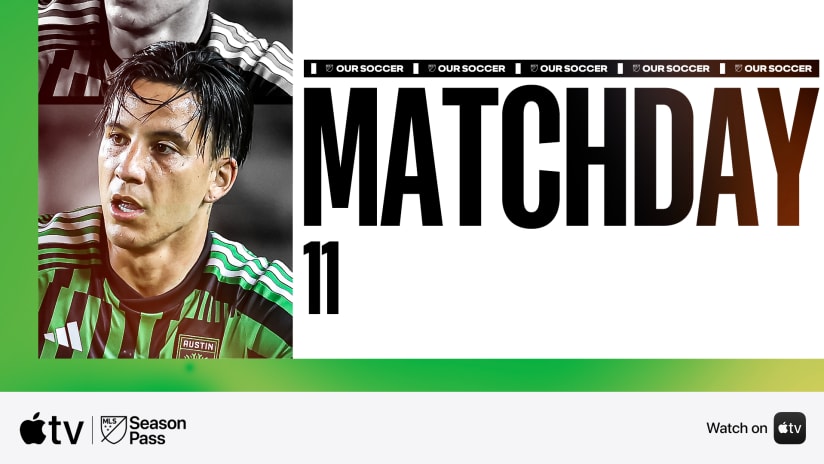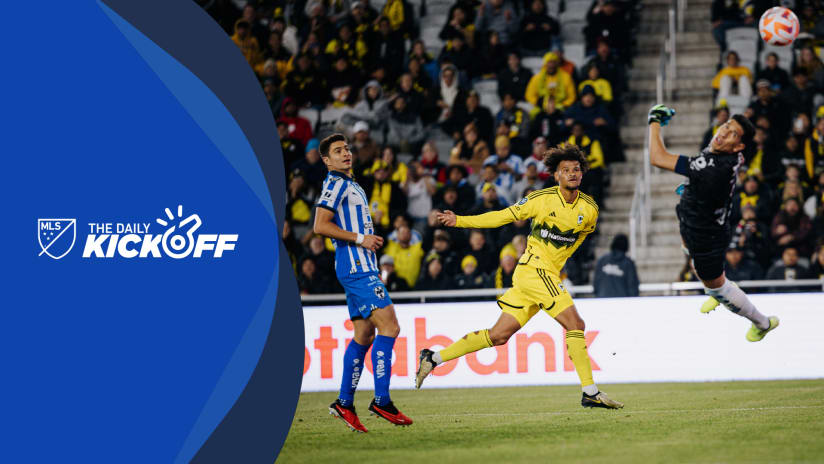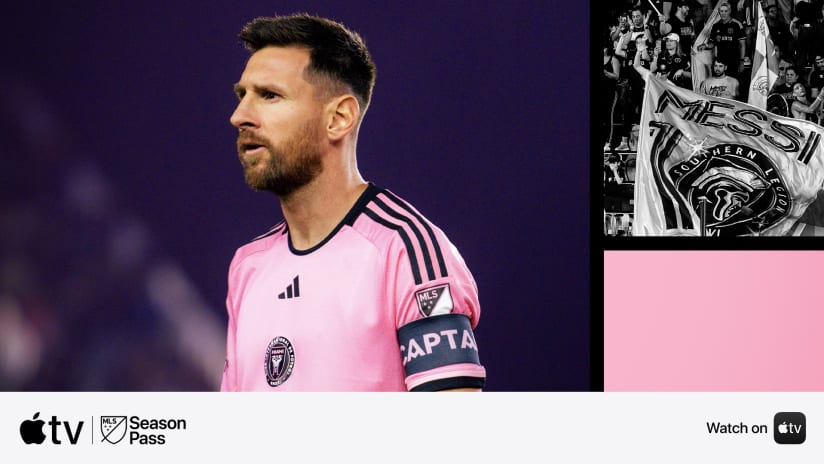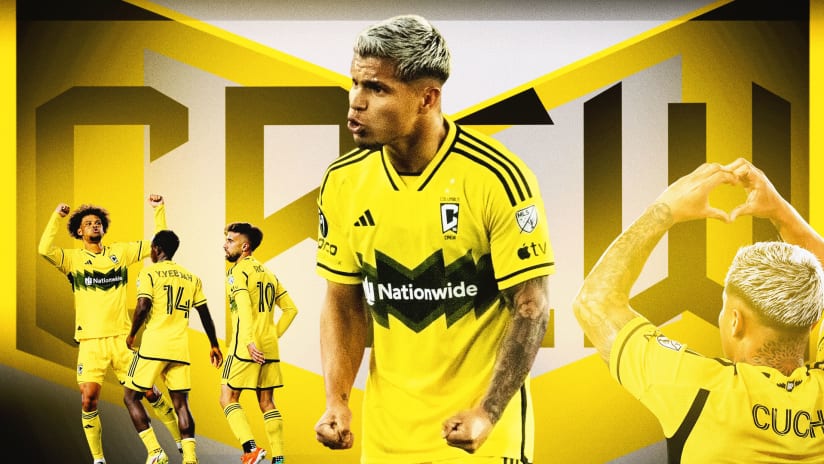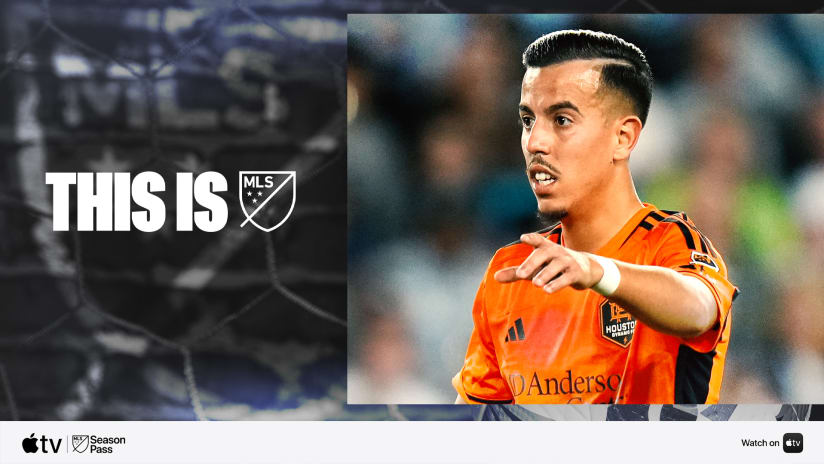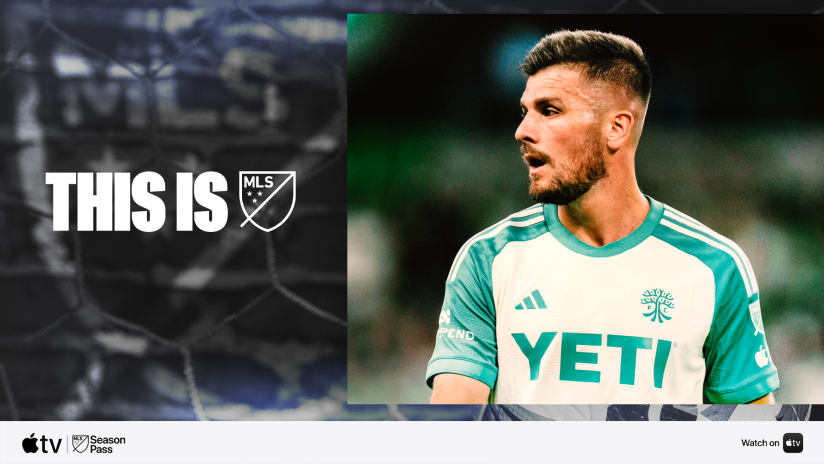SANDY, Utah – Real Salt Lake broke a six-game winless streak on Friday, but one troubling trend continued.
The team gave up yet another set-piece goal in their 2-1 win over New England — and the Revolution made it look easy.
That's happened to RSL a lot, turning several wins into ties, a tie into a loss and costing the team points in the standings.
“We've just got to continue to realize that you can play 90 minutes of incredible soccer and give up a goal on a set play and lose,” RSL head coach Jeff Cassar told reporters.
Neither the coach nor his players were making any excuses for the failures to defend.
“We've obviously not been good enough on set pieces this year as a group,” RSL defender Nat Borchers told reporters. “And it does come to really just deciding as an individual what you need to do to make sure your guy doesn't score.”
Soccer is a team game, but individual errors have hurt Salt Lake on set plays – a string of mistakes resulting in a series of goals for the opposition.
And cutting down on those errors is a top priority for Cassar, his staff and their players.
“We stress it every single day in training,” Cassar said. “You're already in a crazy, defensive posture, and it's really just not losing your individual battles. Collectively, we're going over it. We're studying everything. And now it's just going out there and doing it.”
Said midfielder Ned Grabavoy: “[It’s] an area that we definitely need to work on. And we know that. But at the same time, I think on set pieces, the Xs and Os don't mean much.”
- Get the latest RSL news at RealSaltLake.com
In other words, it doesn't matter what the coaches draw up – the players have to be smart and execute. Which has been the problem for RSL on many, even most, of the set-piece goals they've surrendered.
“We need to be alert for sure, especially in those moments,” Grabavoy told reporters. “For our group, high alert. That's how a lot of teams will get their chances against us.
“We need to make sure that we're mentally into those moments. And, obviously, we need to be aggressive and tough.”
And, quite simply, play better as a team while playing better individually.
“Sometimes it is about the collective and how you hold that line and how high or how low you are on that line,” Borchers said. “So it's definitely not just all about one guy or the group. It's a combination of things.
“And it does come down to really just deciding as an individual what you need to do to make sure your guy doesn't score.”


